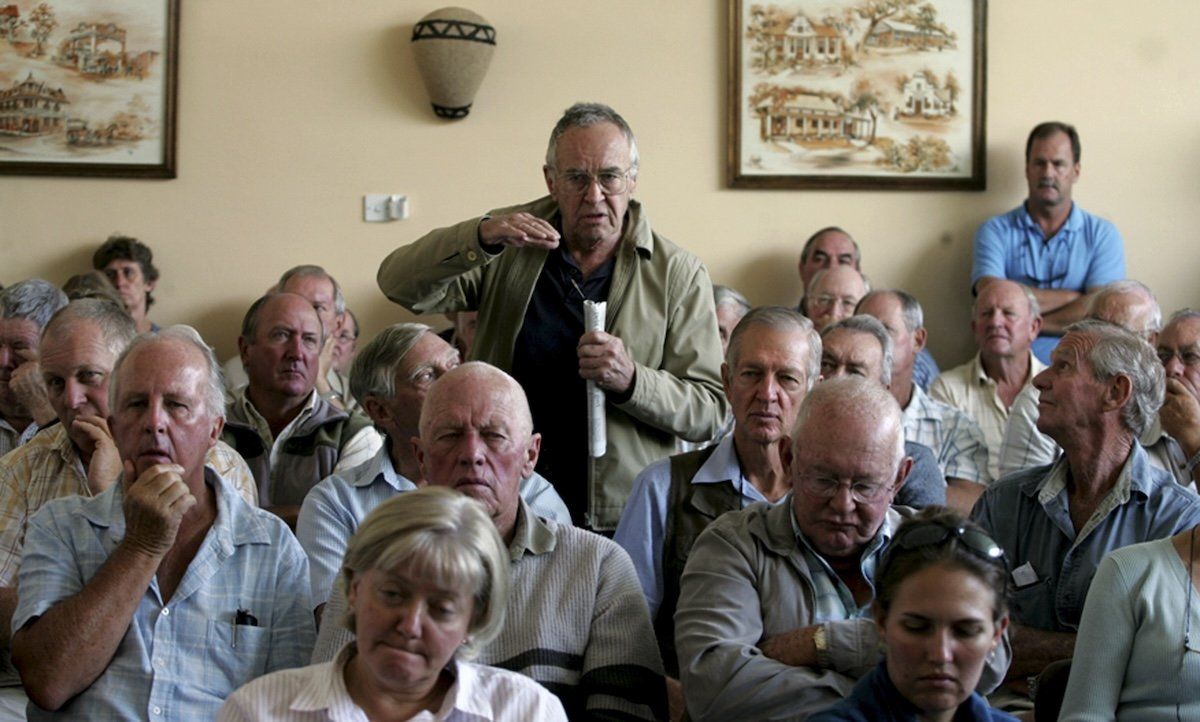3 million: This week, the government of Zimbabwe announced an initial payout of $3 million to white farmers who were forced off their lands in 2000-01. A compensation agreement signed in 2020 between the state and thousands of white farmers committed Zimbabwe to distribute a total of about $3.5 billion for seized farmland.
209: Longtime US politics-watcher Larry Sabato has issued his first election ratings report for the midterm election in November 2026, and it shows a tiny lead for Democrats in the lower House. “Our initial House ratings,” reads the report, “reflect a small House map, with Democrats narrowly ahead209-207 in the seats that at least lean to one party or the other, with 19 Toss-ups.”
85: Since Russia’s invasion of Ukraine in February 2022, Russia’s chief prosecutor has chargedmore than 85 of Russia’s largest businesses with allegedly helping the West to undermine Russia’s economy. As a result, the Russian government has netted nearly $28 billion from the confiscation and sale of assets belonging to these companies. Critics say the actions merely benefit Vladimir Putin’s war machine and his wealthy state capitalist friends.
62: US producers of shale oil -- petroleum trapped in hard-to-reach rock formations -- are bracing for a "bloody mess" if falling oil prices dip below $62 per barrel, the level at which most of them break even. Shale oil, which accounts for more than a third of US output, was a major technological breakthrough that helped the US to become the world's leading oil producer over the past decade. The drawback is that shale production is expensive. Now a double whammy is driving down prices: increased Saudi production, and fears that Donald Trump’s trade wars will drive the world into recession.
7: At least seven Turkish journalists are facing jail time for their coverage of the mass demonstrations that erupted after the March 19 arrest of Istanbul’s mayor, a leading opponent of strongman President Recep Tayyip Erdogan. Prosecutors say the journalists were participating in illegal demonstrations rather than simply reporting on them. Critics say these changes are political.
26: In the latest legal twist over the Trump administration’s immigration agenda, the Supreme Court told the US government on Thursday to bring Kilmar Armando Abrego Garcia back to the United States, after it had wrongly sent the Maryland man to a Salvadoran prison 26 days prior as part of its effort to remove Venezuelan gang members from the country. The unsigned order didn’t necessitate Garcia’s return, but endorsed part of a trial judge’s ruling that demanded the White House “facilitate and effectuate” it.
